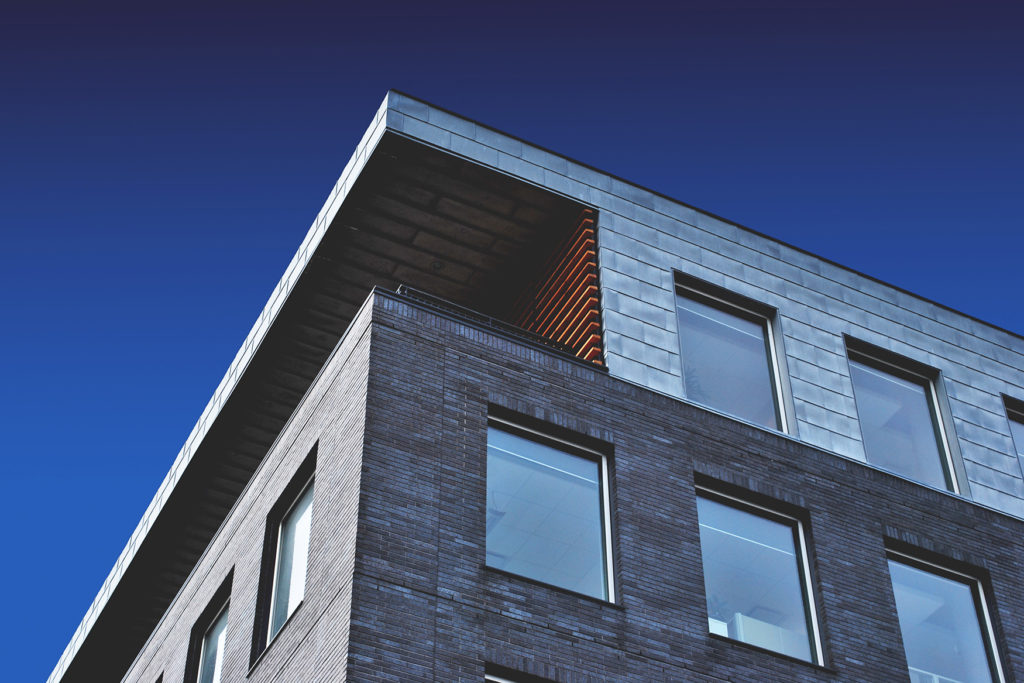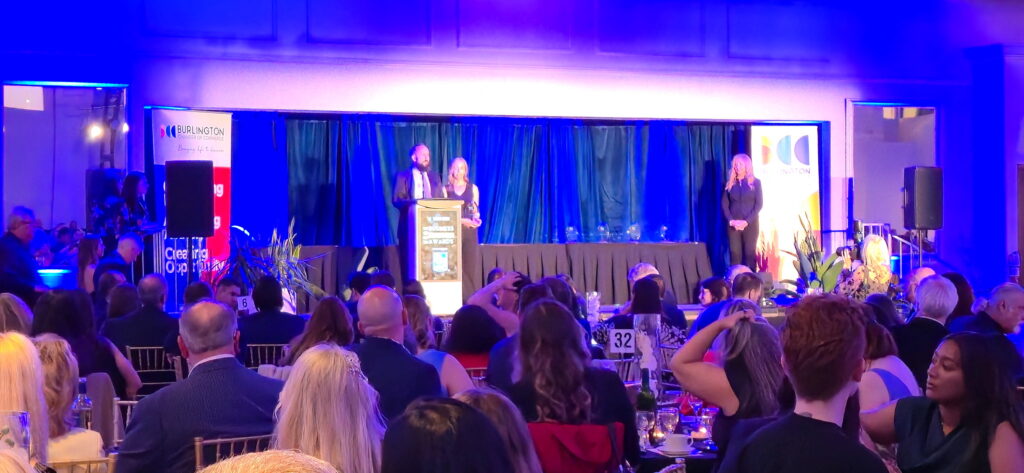House or condo purchases made for the purpose of renovating to increase value and imminently sell for large profits is commonplace. Too often, however, there’s no consideration regarding tax implications.
Everyone seems to know someone engaged in speculative real estate transactions to make quick profits, often moving houses as part of the plan.
Here’s what’s important to understand; profits earned may be:
- fully taxable as business income,
- taxed as a capital gain but not eligible for the PRE (“principal residence” tax exemption). Capital gains are eligible for a ½ inclusion rate in computing taxable income. e. If the gain realized is $100,000, the portion subject to tax is $50,000.
- taxed as a capital gain but either fully or partly exempt due to the PRE.
To qualify for the PRE, the gain must be a capital gain, not business income. The tax rules are not clear cut on the length of time an individual should reside in a residence to qualify as a PRE. The CRA look for factors indicative of business income classification including frequent (habitual) real estate transactions, short ownership or occupancy periods and deep expertise in real estate or home renovation. Another major consideration is the primary intention of the individual buying the residence.
CRA enacted changes in October 2016 making it mandatory for individuals to report the disposition of property for which they wish to claim the PRE.
Property investment can be lucrative but understanding the tax rules and how they apply to one’s personal situation is an important part of the real estate process. A qualified tax professional can advise you on the implications specific to your situation.



